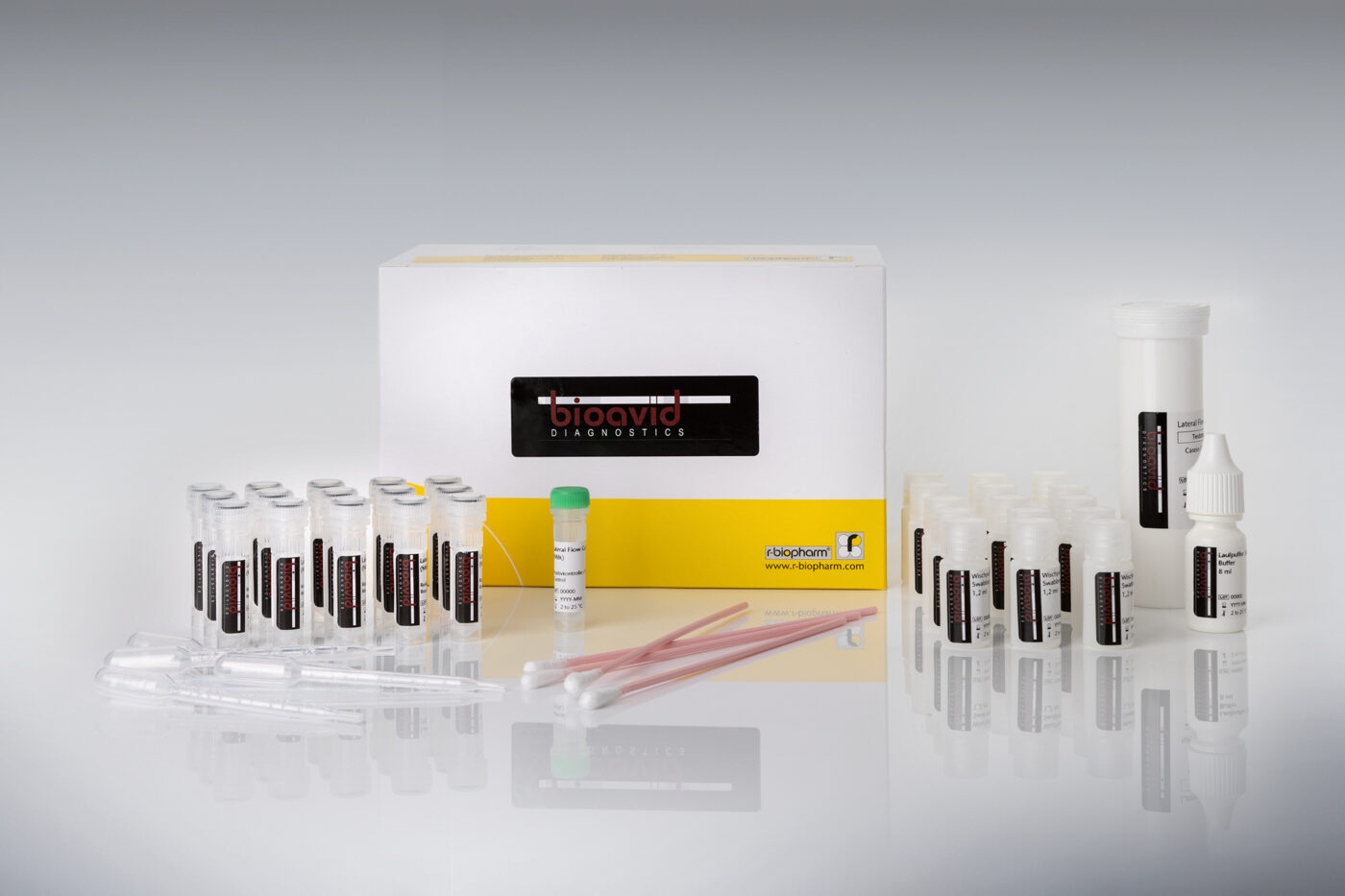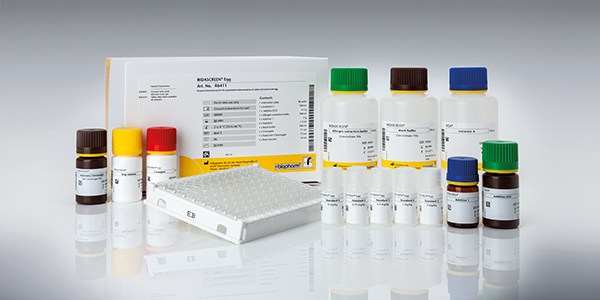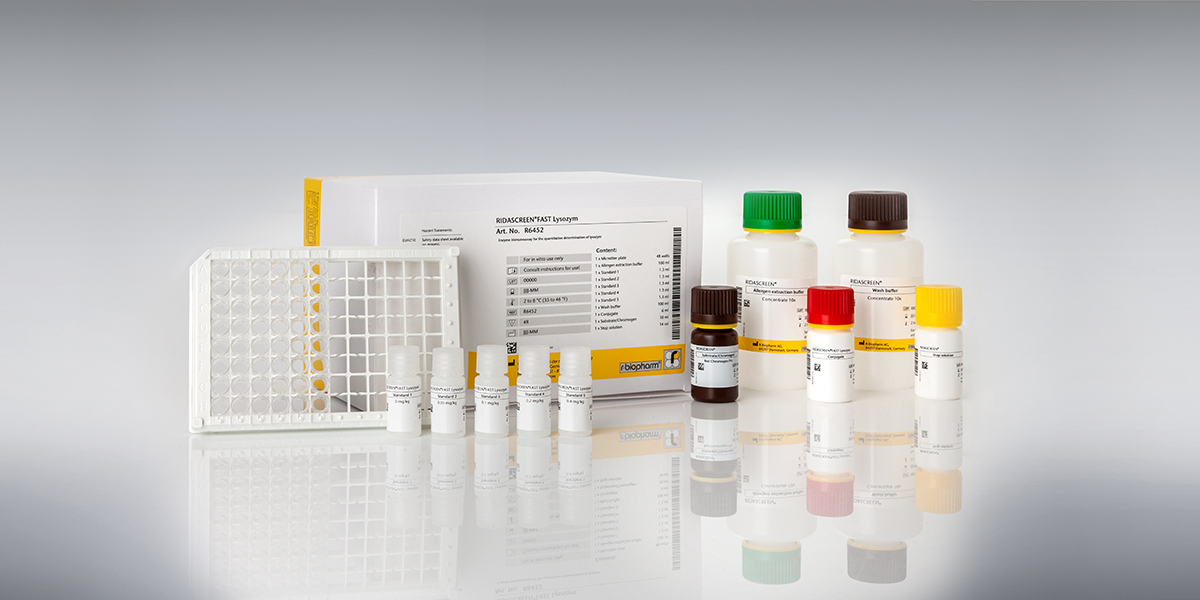
Recent news in Food & Feed Analysis
- Home
- /
- 3 things you should...
3 things you should know about eggs & allergen testing
The world is celebrating “World Egg Day” today. It’s no surprise that eggs are popular: they are affordable, versatile, tasty and packed with proteins. However, eggs are a major allergy trigger, too. If you’re working in the field of allergen testing, here’s what you need to know about eggs.
Do I have to test my food products for egg content?
Egg is one of the most important triggers for food allergies. Allergy against hen’s eggs is widespread particularly in small children. According to EU regulation 1169/2011, egg must be declared as an ingredient on food labels. Similar regulations exist in the USA, Canada, Australia, New Zealand and other countries. Since eggs may get into a product unintentionally by contamination, it is important to test foods for possible egg content. Food analysis can avoid incorrect declaration and a potential hazard for allergy sufferers.
Which components in the egg are problematic for people with allergies?
Chicken eggs are high in protein: there are about 40 different proteins in the egg white alone. Four of them are relevant for allergy sufferers: ovomucoid, ovalbumin, ovotransferrin and lysozyme. These main allergens account for the majority of protein content in egg white. The allergenic potential of the proteins present in egg yolk is only moderate. Unlike some other proteins, ovomucoid is not destroyed by heating; that’s why allergy sufferers must also avoid boiled or fried eggs. In addition, some people who are allergic to chicken eggs also show cross reactions to chicken meat or to eggs from other poultry (e.g. quail egg).
Which method is most suitable for the detection of egg: PCR or ELISA?
A PCR test is a molecular biological method based on duplication and detection of specific DNA sequences. In principle, this method is highly specific, sensitive and fast. However, detection of egg content is not possible using PCR: eggs contain very little DNA, and moreover, there are no differences in the DNA of chicken eggs and chicken meat. An immunological ELISA test is therefore the method of choice for the detection of egg in food. This method shows no cross reactivity with chicken, turkey or other meat.



